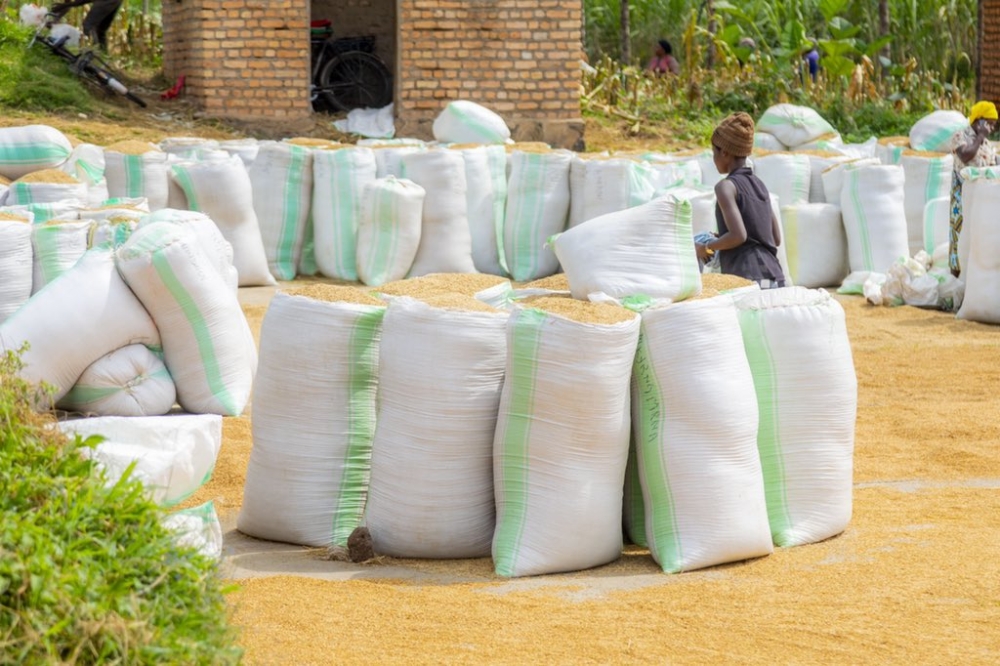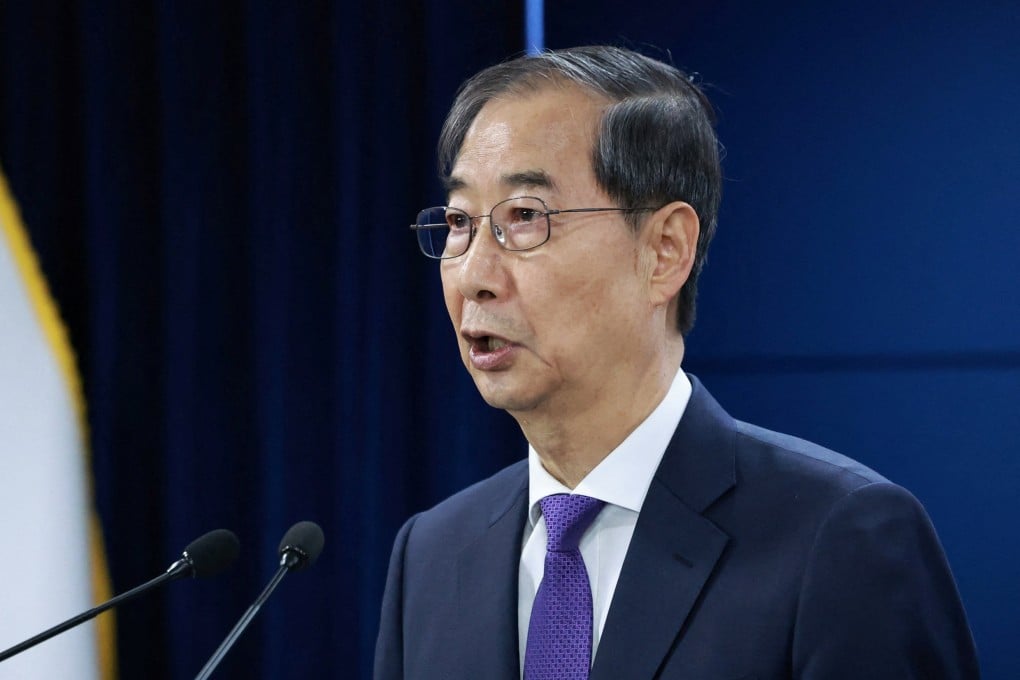In February 2025, as the world sparred over tariffs and trade wars, Saudi Arabia’s sovereign wealth fund quietly spent $1.78 billion to tighten its grip on one of the world’s most critical resources: food. With this single transaction, the Saudi Agricultural and Livestock Investment Company (SALIC) seized 80% control of Olam Agri Holdings—a commodity titan that trades 40 million tons of wheat, rice, and edible oils annually across 30 countries.
Valued at $4 billion, the deal grants Riyadh dominion over supply chains feeding millions in Africa and Asia. For a continent already hemorrhaging $75 billion a year on food imports, this is not merely a corporate takeover. It is a geopolitical earthquake, exposing Africa’s vulnerability in a world where food is no longer a basic right but a weaponized asset.

Saudi Arabia’s playbook is as audacious as it is logical. A desert nation importing 85% of its food, it has spent decades battling existential scarcity. Now, with oil revenues funneling $900 billion through its Public Investment Fund (PIF), it is buying insurance.
Olam Agri’s sprawling infrastructure—ports in Mozambique, processing plants in Nigeria, and warehouses in Vietnam—anchors this strategy. By 2023, Olam Agri generated $31.3 billion in revenue, its tentacles reaching 500,000 smallholder farmers in Africa alone.
Control this empire, and you control pricing, distribution, and survival for nations like Kenya, where Olam supplies 30% of domestic wheat. For Saudi Arabia, food security is no longer about filling grocery shelves; it is about monopolizing the pipelines that keep them stocked. The numbers tell a troubling story for Africa.
While the Gulf’s sovereign funds pour $3.8 billion into agritech and AI-driven farms, Africa’s food import bill is projected to hit $110 billion by 2030. Olam Agri’s 1.
2 million tons of annual edible oil production in Nigeria and Mozambique now answers to Riyadh’s priorities. Consider Egypt’s 2022 rice export ban, which triggered panic across the Middle East and Africa. If SALIC similarly diverts shipments during shortages—prioritizing Saudi-bound grain over Nigerian markets—entire regions face collapse.
Already, 60% of Olam Agri’s workforce operates in Africa and Asia, yet SALIC’s boardroom decisions will be made in a Riyadh skyscraper, 4,000 miles from the farms that sustain them. This asymmetry is not accidental. It reflects a global shift where capital-starved nations trade sovereignty for investment.
Saudi Arabia’s $30.5 billion food security strategy dwarfs the African Development Bank’s $1.5 billion agricultural budget.
The Gulf’s agritech boom—Dubai’s vertical farms produce 3x yields using 90% less water—highlights a path Africa has yet to take. Instead, the continent remains tethered to raw commodity exports: 15% of its agricultural output trades intra-regionally, a pittance compared to Europe’s 67%. When foreign entities own the mills, ports, and trucks, Africa’s fate hinges on their profit calculus.
But there is a blueprint for resistance. The UAE’s Food Tech Valley, a $200 million AI-powered agro-hub, slashed water use while tripling output. Kenya’s Twiga Foods, a startup linking farmers to urban markets via mobile apps, now serves 10,000 vendors daily.
These models prove innovation can outpace exploitation. Africa must channel its $2.5 trillion GDP into homegrown solutions: tax incentives for regenerative farming, continental grain reserves, and mandates for SALIC to source 40% of Olam Agri’s African output locally.
The African Continental Free Trade Area (AfCFTA) could be transformative—if it prioritizes food over minerals. The stakes transcend economics. Food scarcity fuels conflict: 60% of Mali’s displacements in 2024 stemmed from drought-induced clashes.
By 2050, Africa’s population will hit 2.5 billion, yet its crop yields remain 60% below global averages. SALIC’s takeover is a wake-up call: sovereignty begins with seed.
Nigeria’s heat-tolerant wheat varieties, pioneered by Olam Agri, reduced imports by 12% in 2023. Such breakthroughs must multiply—on Africa’s terms. Riyadh’s $1.
78 billion gambit reveals a hard truth: the 21st century’s wars will be fought with contracts, not missiles. For Africa, the choice is stark. Will it remain a pawn in the food cold war, or invest in the agritech, policies, and unity to reclaim its plate? The clock ticks louder with every harvest.
.
Politics

The geo-political chessboard of food security

In February 2025, as the world sparred over tariffs and trade wars, Saudi Arabia’s sovereign wealth fund quietly spent $1.78 billion to tighten its grip on one of the world’s most...















